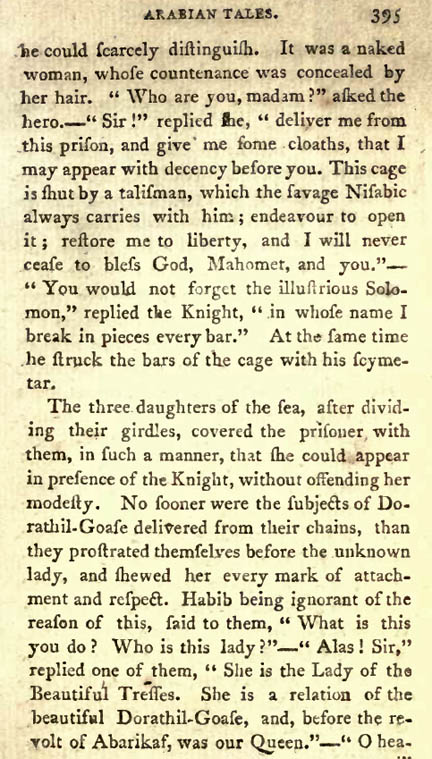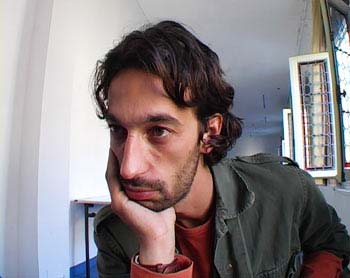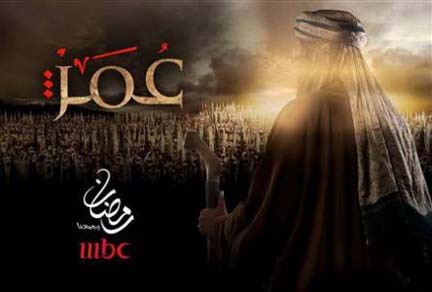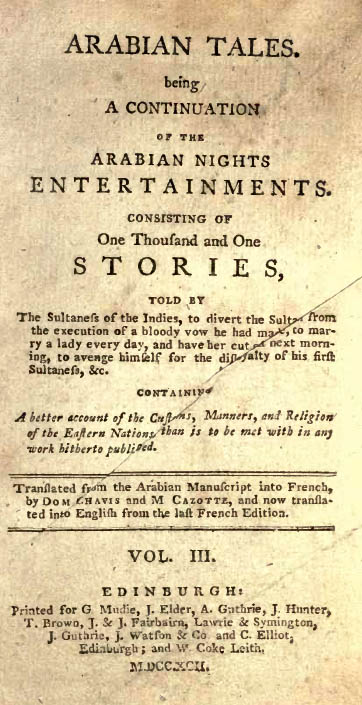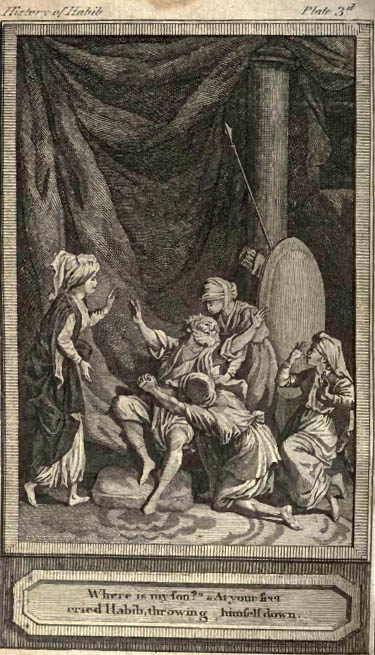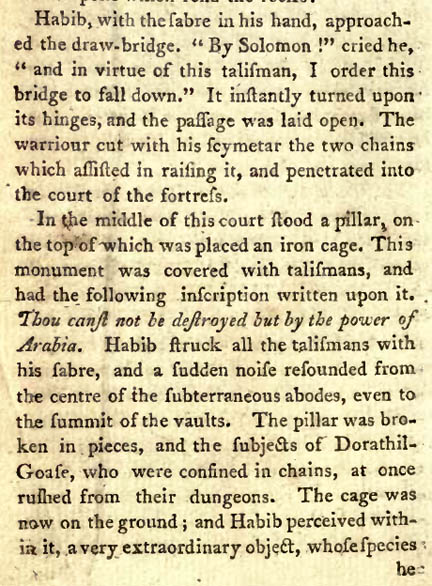
The world has been on the verge of ending ever since people decided it was on the verge of ending, which probably happened when we were Neanderthals wondering why it took so long to figure out how to make fire. The history of apocalypse prophecy is, quite literally, a bottomless pit. The 21st century is no exception, especially for those who were convinced we would never make it past 2000 or 2001. What is particularly ludicrous is the prediction that the world will end at a specific point in time. This says as much about the gullibility of our species as it does about the duplicity of certain self-proclaimed prophets. Forget Ezekiel and the wheel or Daniel in the lion’s den: every era has its doom sayers. Take October 22, 1844, for example, which was only a few months after Joseph Smith (the prophet of Mormonism) was murdered at age 38. On this October day more than a century and a half ago perhaps as many as 100,000 God-fearing Protestant folk had given up their earthly possessions and quite a few joined Miller on a hill waiting for Jesus to come and greet them. The Mormons believe that Jesus came to Missouri, but it seems he skipped Rev. Miller’s venue.
There are quite a few doom-mongers to choose from, some like Harold Camping of relatively high media renown, but let’s focus on an internet prophet named Ronald Weinland. In 2006 he published a book saying that the world would end in 2008. As you can see in the cold print below, the United States has ceased to exist as an independent nation, at least as far as the prophet could see. Continue reading Forever counting down


